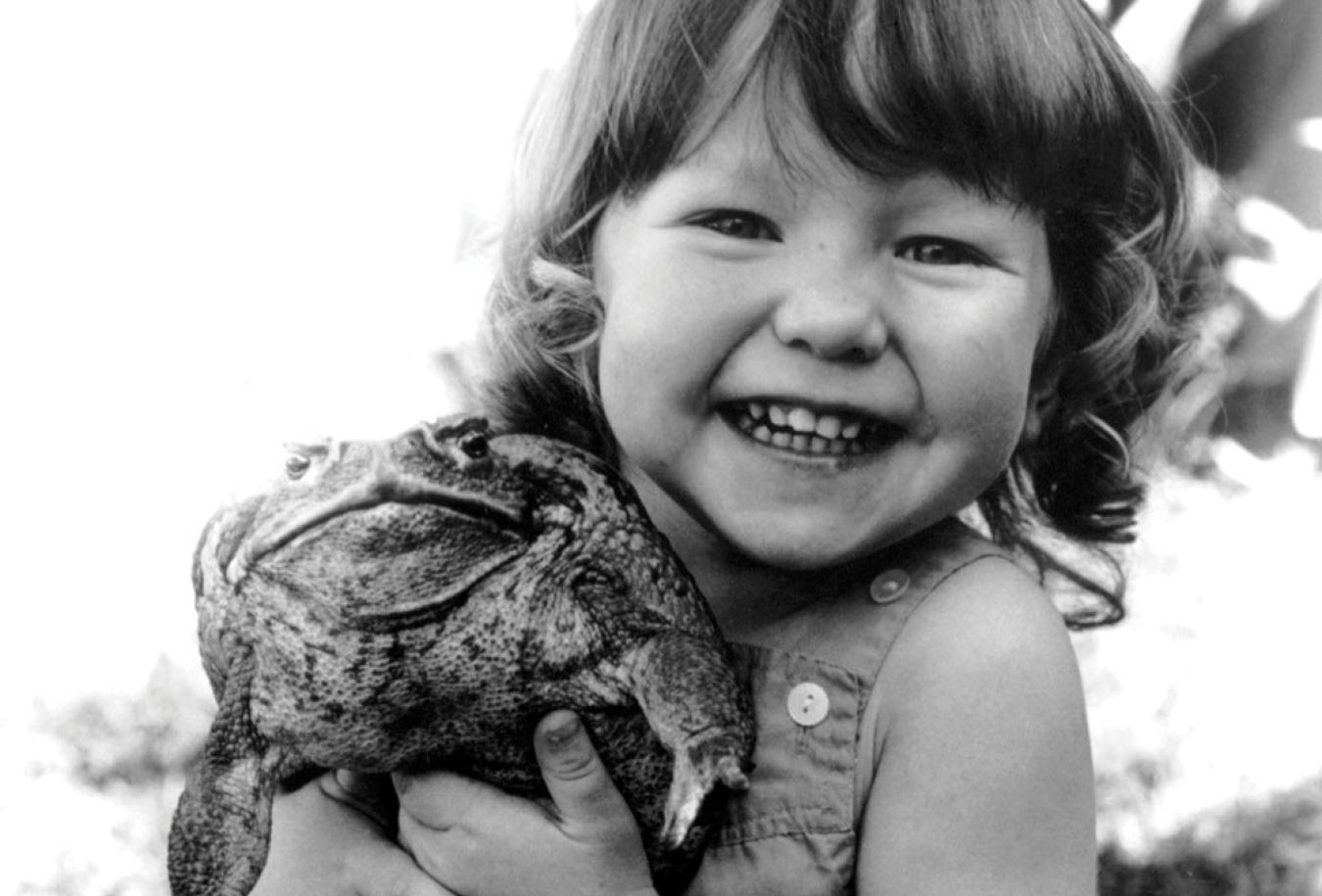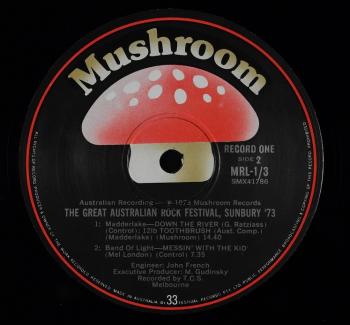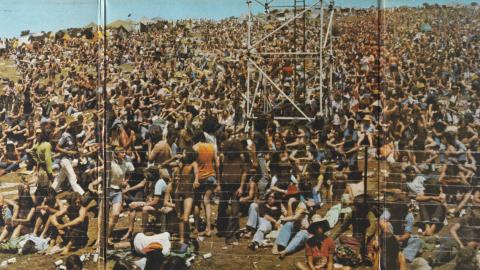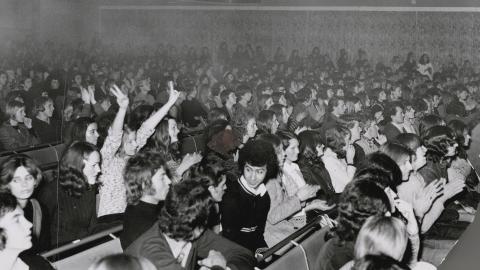BY JOHANNA MCMAHON AND CRISPIAN WINSOR
Music festivals in the 1970s were opportunities for fresh, enterprising promoters to recreate the success of international festivals with homegrown music and spaces in which to enact ideals of counterculture and community building. Explore our Early 1970s Music Festivals curated collection.






